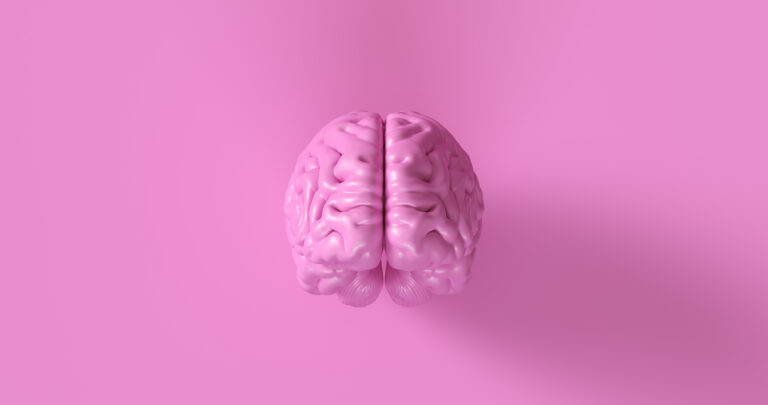Does falling in elderly increase dementia diagnosis speed?

Falling in elderly individuals is closely linked to an increased risk of dementia diagnosis, and evidence suggests that falls may accelerate the recognition and diagnosis of dementia. This relationship is complex and involves multiple factors including physical frailty, cognitive impairment,…







